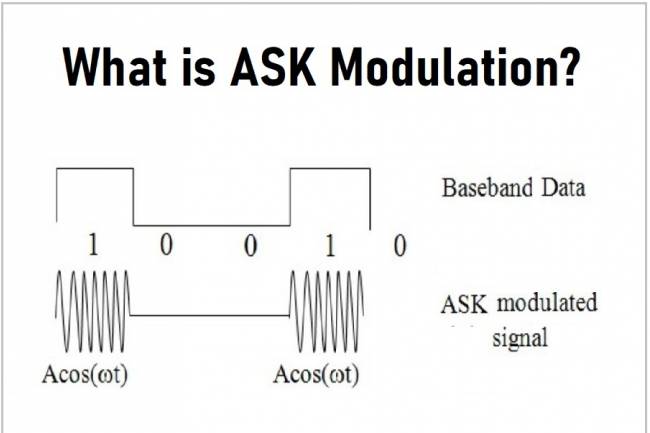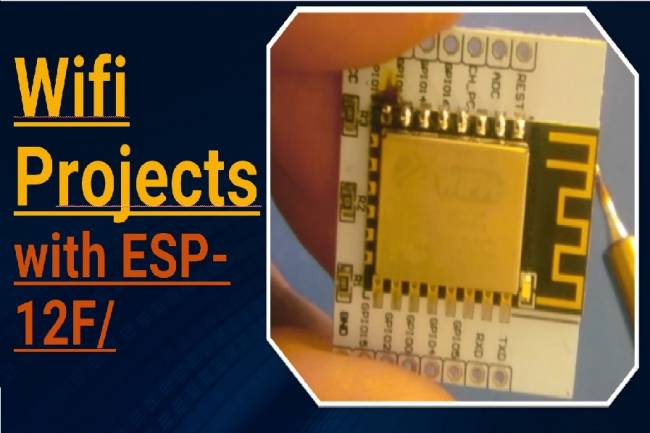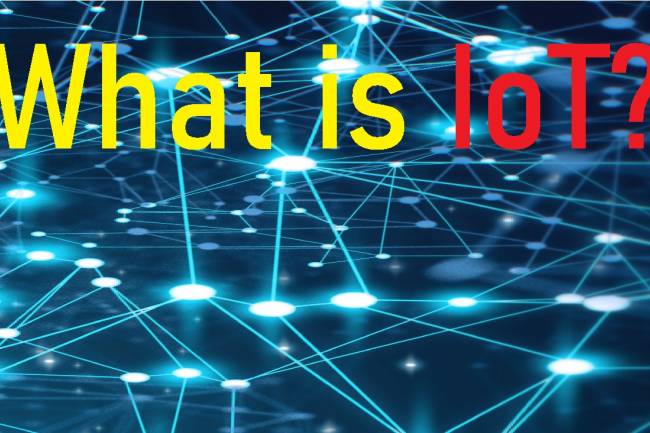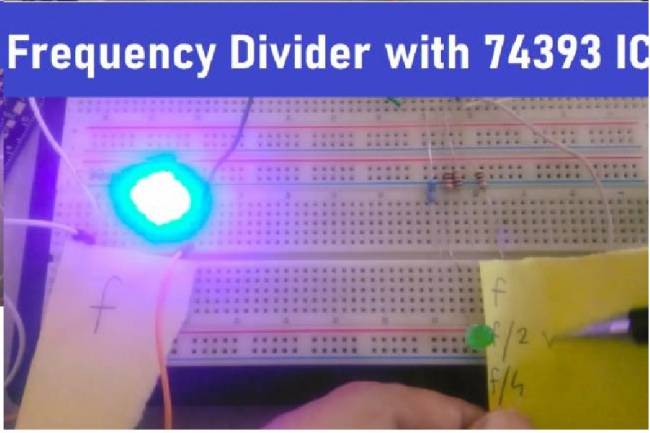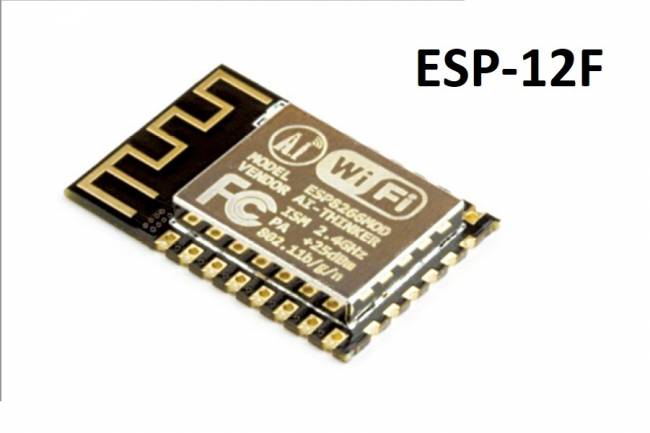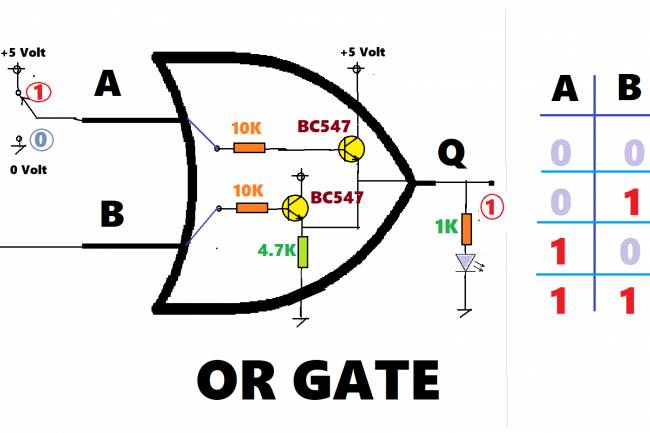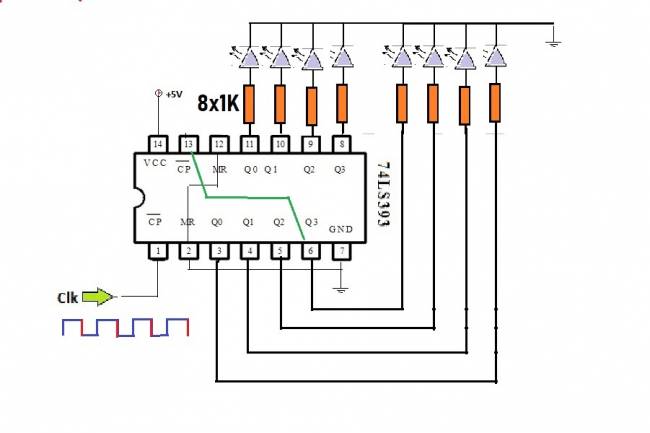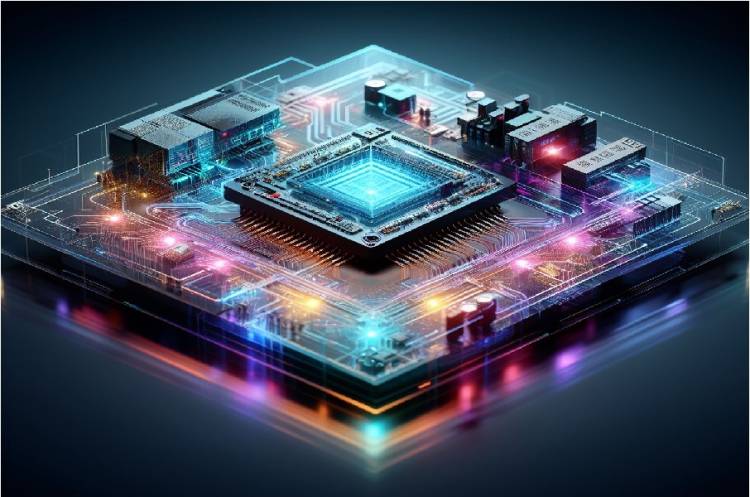
Quantum Computer: Comparison with Classical Computers
Quantum computers are extremely powerful computer systems that have a big difference compared to traditional (classical) computers. Quantum computers take a different approach than the basic logic and calculation rules that classical computers use, and thus can solve certain problems much faster and more efficiently.
Classic Computers: Basic Principles
Classical computers are electronic devices based on digital logic and computational principles. These computers work with units that can each take the value 0 or 1. It has basic components such as processor, memory, input and output units, and algorithms perform information processing tasks by working on these components. Classical computers use these basic principles of logic to solve any problem.
Quantum Computers: Basic Principles
Quantum computers work based on the principles of quantum mechanics. Instead of using ordinary values of 0 and 1 like classical computers, these computers work with quantum bits called qubits. Qubits can assume values of both 0 and 1 at the same time, providing quantum computers with the ability to perform parallel operations simultaneously. Therefore, quantum computers can be much faster to solve some problems.
Comparison Between Quantum Computers and Classical Computers
1. Processing Speed: Quantum computers can solve some special problems much faster. Particularly for complex calculations such as cryptography, materials science, drug design and optimization, quantum computers offer a significant advantage over classical computers.
2. Parallel Processing: Classical computers process data sequentially and require time for each operation. Quantum computers, on the other hand, have parallel processing capability thanks to the ability of qubits to receive both 0 and 1 values at the same time.
3. Unprocessable Data: Quantum computers can process some data more effectively, but they have difficulty processing data that does not comply with the principles of quantum mechanics. Therefore, quantum computers and classical computers can be used together.
4. Error Correction: Quantum computers need new technologies related to their ability to correct quantum errors. Classical computers, on the other hand, are more mature in terms of error correction.
Quantum computers have the potential to solve certain problems much faster and more efficiently compared to classical computers. However, quantum computers are still in the experimental stage and need to solve some technical problems. In the future, quantum computers could play an important role in fields such as scientific calculations, cryptography and materials science. However, classical computers are still powerful enough to perform many everyday computing tasks perfectly.
There are many research institutions and companies working with quantum computers:
1. IBM: IBM is making great efforts to develop and research quantum computer technologies. IBM offers a service called Q Experience, allowing anyone to experiment with quantum computers.
2. Google: Google has made significant progress in the field of quantum computing and declared "quantum supremacy" in 2019. This was an achievement that showed that quantum computers could solve some problems faster than classical computers.
3. Rigetti Computing: Rigetti is a leading company in quantum computing development and service provision. They offer both quantum computers and cloud services using these computers.
4. D-Wave Systems: D-Wave is a company that focuses specifically on quantum annealing technology. Quantum annealing is an approach used to solve some optimization problems.
5. Intel: Intel continues its research and development on quantum computers. The company invests heavily in studies on the development of quantum computers.
6. Microsoft: Microsoft is a major player in quantum computers and is developing new programming languages and tools for quantum computers.
7. Alibaba: Alibaba has a significant research laboratory in the field of quantum computing and develops various applications related to quantum computers.
8. NASA: NASA is conducting research to use quantum computers in space exploration and astrophysics.

